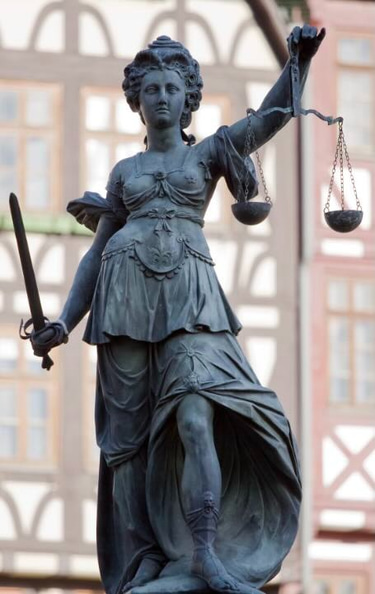Subject 1. A one-act play between a fascist and a philosopher
“For…international social justice... a one-page, one-act play, loosely based on an exchange I had on social media with a fascist troll about the state of Palestine's right (under international law, as affirmed by the UN) to armed resistance. It also tracks to some degree my apparent retaliation from UAB [University of Alabama at Birmingham] for defending Palestine on my personal social media account."
Joshua Hall, PhD



Subject 2. Social Justice and the Arts (Dance)
ABSTRACT
Death-Defying Indigenous Dance: “Palest-Indian” Solidary Love
by Joshua Hall
This article, composed six months after the October 7 Hamas operation “Al-Aqsa Flood,” in the shadow of Israel’s retaliatory genocide, was catalyzed by a viral social media video with alternating clips of Palestinian and Native American people dancing in defiant resistance to ongoing white settler colonial ethnic cleansing and genocide, in loving embrace of their own Indigenous ways of being. After an introductory setting of the stage for this video, the first section rehearses the two historical chapters of dance scholar Jacqueline Shea Murphy’s The People Have Always Danced, emphasizing the paradoxical late nineteenth-century campaigns (1) criminalizing Indigenous American dances, and (2) appropriating these dances and dancers for non-Indigenous audiences. The second section then pivots to Australian choreographer Nicholas Rowe’s Raising Dust: A Cultural History of Dance in Palestine, emphasizing the appropriation of a traditional shepherd dance (Dabke) into the Zionist project of fabricating an orientalist tradition to justify their colonization. Finally, the concluding section spotlights Palestine’s Birzeit University and the El-Funoun folkdance troupe as exemplars, captured in the Palestinian hip hop song’s neologism “Palest-Indians,” of loving Indigenous death-defying dance resistance.
For the full article (a downloadable pdf file) from the Journal of Comparative Literature and Aesthetics Vol. 48, No. 4, Winter 2025 [56-70], click here:
https://jcla.in/wp-content/uploads/2025/09/JCLA-48.4_Winter-2025_Joshua-M.-Hall.pdf
